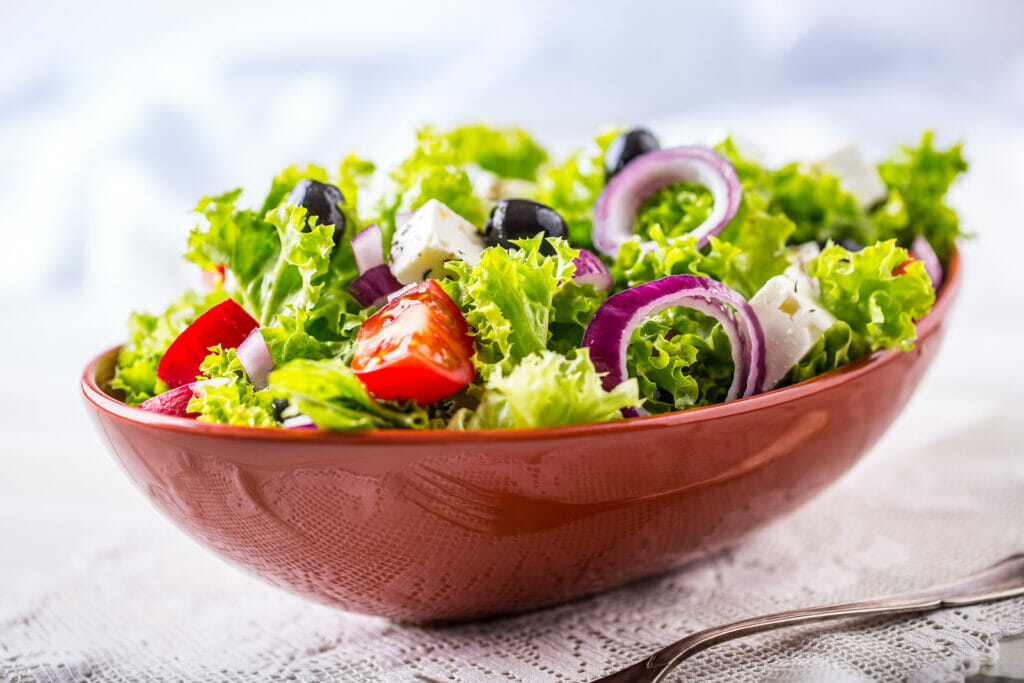
Spring is almost here, which means warmer weather and more sunlight. For some, the spring season can mean a fresh start. Spring is also a great time to make healthier choices when it comes to food, which can include incorporating more vegetables into your diet.
These colorful vegetables are in season right now and are very versatile – they can be consumed whether they’re fresh, frozen, or even in the form of a smoothie. Another good thing is – these don’t require much time or effort at all.
- Kale is high in vitamins A, C, and K, and very low in calories. It’s easy to add in a salad, or you can substitute it for bread if you choose to make a healthy lunch wrap.
- Spinach is a great source of iron, folate, and magnesium. It can also be added to salads or eaten on the side of a dish such as grilled chicken.
- Asparagus contains a prebiotic named inulin that aids digestive healthy by promoting the growth of good bacteria. It also contains many anti-inflammatory nutrients that act as antioxidants. Artichokes provide fiber, vitamin C, and vitamin K. They are a great source of lutein, which promotes heart health. Salmon with a side of grilled asparagus is a very popular dish.
- Spring peas provide folic acid, fiber, and vitamin B6. They have been recognized as a source of alpha-linoleic acid, which is a type of omega-3 fatty acid. Sweet spring peas can be eaten raw with a salad.
- Broccoli contains the antioxidant named sulforaphane, which studies have shown to have anti-cancer effects. Broccoli can help support digestive health. You can lightly steam broccoli for about 5 minutes and have it on the side of a dish.
- Avocadoes are considered a great source of folate, which is one of the B-vitamins needed to make red and white blood cells in bone marrow, convert carbs into energy, and produce DNA and RNA. You can mash up avocados in order to make guacamole, eat it on toast, or even have it with scrambled eggs.
- Brussel sprouts contain potassium and are high in vitamins C and K. You can coat Brussel sprouts in olive oil, garlic, and lemon juice, and roast them.
- Artichokes nourish the probiotics in your digestive system and also help reduce inflammation in your body. Artichokes are best when steamed or braised, or you can even make it into a soup with other vegetables.
- Tomatoes contain many antioxidants and they can go with just about any meal. You can add them to salads, soups, or choose to eat them as a snack.
- Red bell peppers are high in antioxidants and vitamin C. Red bell peppers are sweet and you can even eat it as a snack. Green, yellow, and orange bell peppers are healthy as well, but red bell peppers have more nutritional value.
Speak with your doctor if you have any concerns about the effects these vegetables will have on your body and overall health.
Written by Dami Falade



